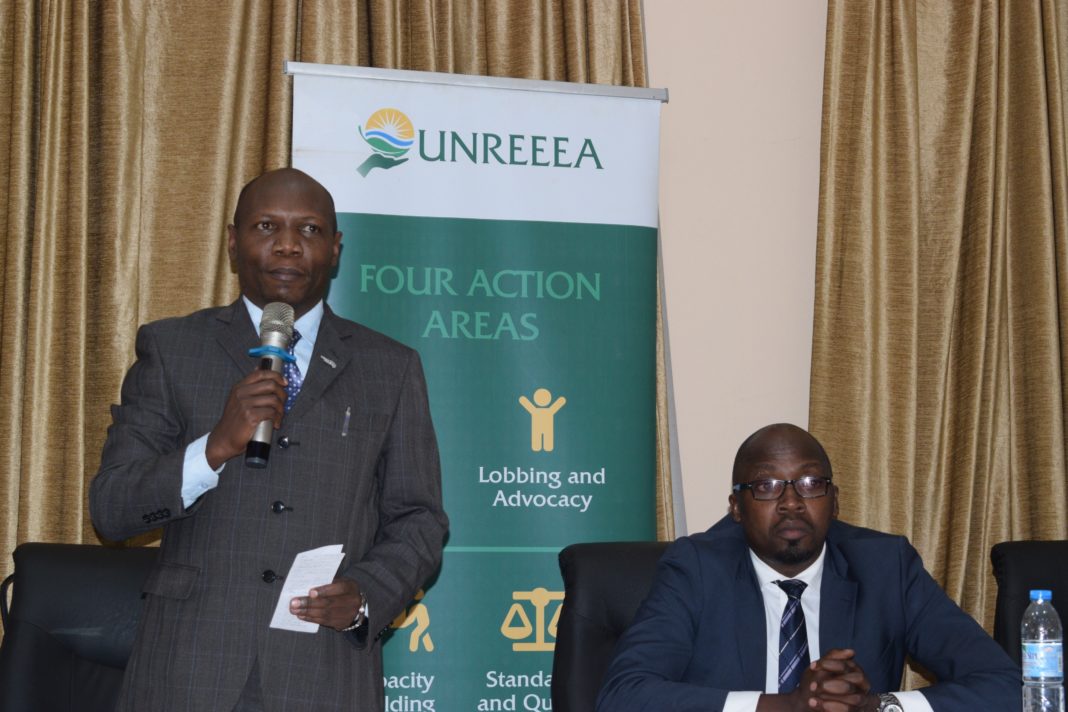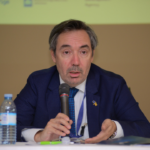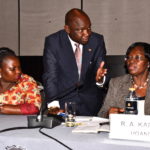KAMPALA-Stakeholders of the Renewable Energy Sector in Uganda have taken a step ahead to embrace the mini grids tariff modelling to enable the supply of renewable energies to small, localized groups of people in Uganda.
Dr Brian Isabirye, the Commissioner of Renewable Energy Department, in the Ministry of Energy and Mineral Development, while speaking during the Mini-Grids Tariff Modelling and Viability Assessment workshop on Wednesday in Kampala, applauds the stakeholders for venturing into the mini grids, hoping that this will increase the supply of renewable energies to the people where main grids have not managed to access.
“The training is a critical one because it attempts to give the capacity to human man-power. I therefore, ask you trainees to extend the skills and knowledge to the rest of the parts of this nation”. Dr Isabirye said.
Bernard Mbaine, the Chief Executive Officer of Uganda National Renewable Energy and Energy Efficiency Alliance-UNREEEA, revealed that the workshop intended to build capacity of stakeholders to have the required knowledge to model the tariff and determine viability of the mini grids.
According to Mr. Mbaine, in mini grids project, most developers have always complained that mini grids are not a viable business and these issues raises from lack of enough capacity or knowledge to be able to assess the viability of mini grids, but also to do the modeling to arrive at the tariff which is fair for the developers and users that is acceptable by the regulator.
A mini-grid is a set of small-scale renewable energy generation interconnected to a distribution network that supplies renewable energies to a small, localized group of customers. It usually operates independently from the national transmission grid.
A quick google search shows that it is advantageous that the mini grids tariff model can provide high-quality uninterrupted electricity to nearly half a billion people in unpowered or underserved communities and be a least-cost solution to close the energy access gap by 2030.
Mini-grid energy generation technologies can include diesel generators, hydropower systems, solar photovoltaic (PV) modules, wind turbines, biomass -powered generators and geothermal -powered generators. A mini-grid may use a single energy source or mix of sources (hybrid) that are either renewable or nonrenewable.
In the Energy Policy 2002, the government of Uganda places specific emphasis on the electricity supply industry, firstly; by seeking to make the power sub-sector financially viable and able to perform without subsidies from the government budget.
A participant who liked to be anonymous, a student of Renewable Energy at Makerere university explained that Uganda has abundant energy resources, especially renewable resources, yet there is widespread energy poverty throughout the country. “The country’s energy sector faces considerable challenges including high costs for renewable energy technologies, rising international oil prices and an increased demand for power”.
He argues that Uganda has many renewable energy resources that can be used for energy production and the provision of energy services. These resources include bioenergy, through biomass and biogas, water/ hydro, solar, geothermal and wind energy potential, adding that unfortunately, many of these resources are yet untapped.
The participants testify that the workshop has set the stage for bridging the gap between mini-grid developers and regulators, fostering a business-friendly atmosphere to promote distributed Renewable Energies
The training attracted people from various bodies like the regulator (Electricity Regulatory Authority-ERA), ministry of Energy and Mineral Development, ministry of Water and Environment (policy makers), private sector-the mini grids developer, development partners (GIZ) among other bodies.
Over thirty-five (35) Participants were trained by the co-organizers of UNREEEA, the Sustainable Energy for All, an international organization based in Australia.







